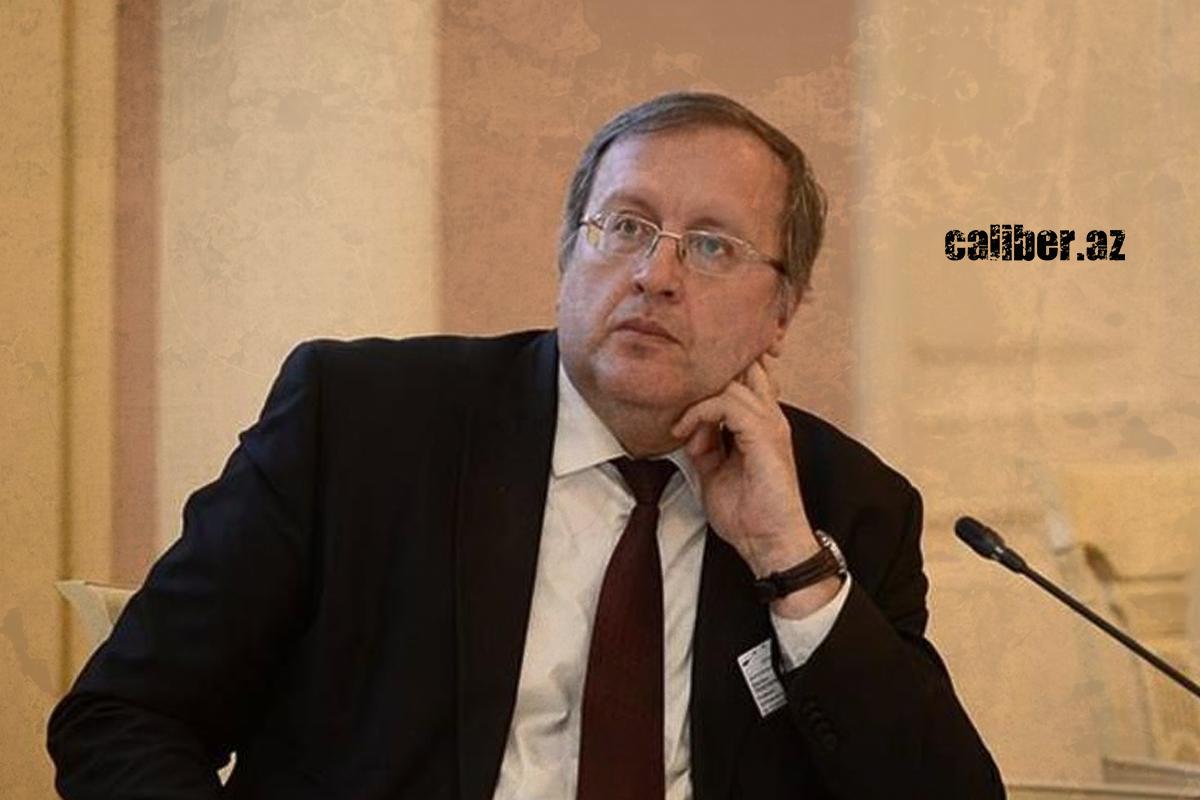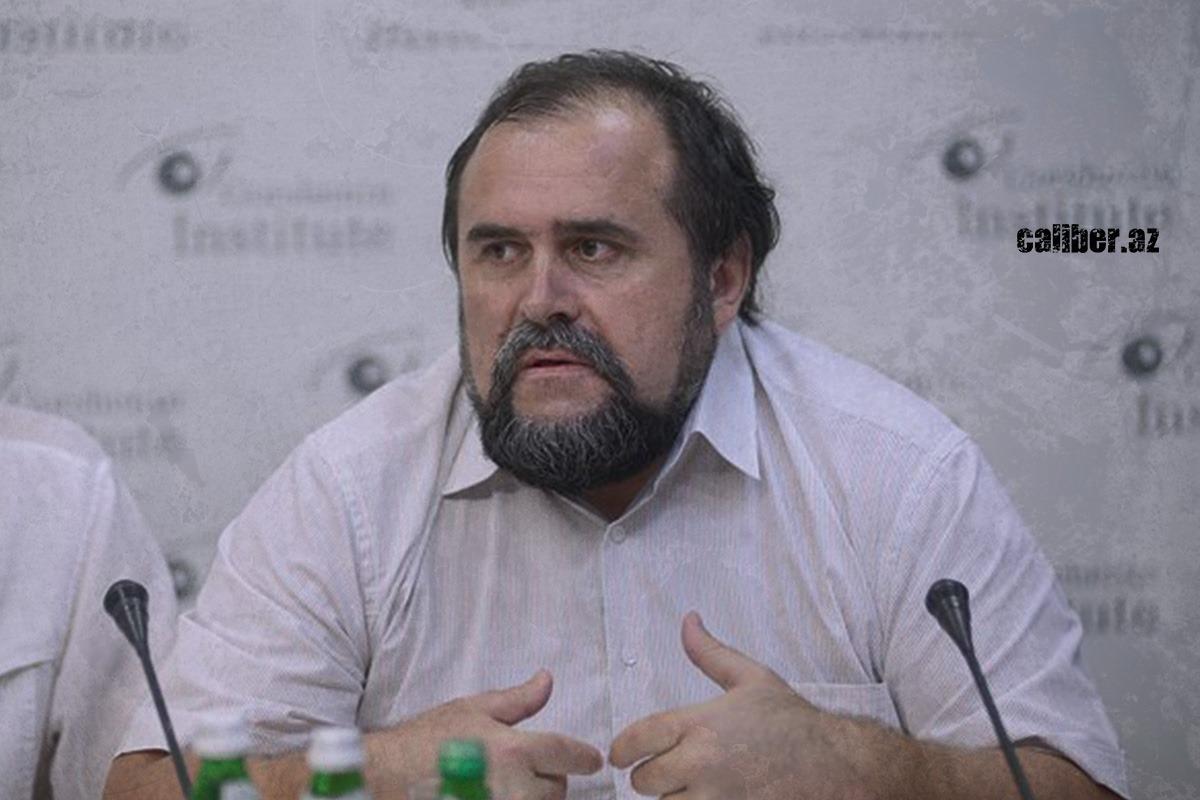Crossroads of Peace: Pashinyan’s unrealistic vision vs. practical regional solutions Expert opinions
Nikol Pashinyan is once again singing an old, tired tune that no one wants to hear. At the Eurasian Intergovernmental Council meeting in Moscow, Armenia's Prime Minister reiterated the supposed importance of the Crossroads of the Peace project, aimed at the "creation and modernization of various transport and communication routes." He also proposed "enhancing the transport and logistics potential of the EAEU, as the capabilities of its member states remain underutilized."
This is yet another example of Pashinyan's trademark populism, tied to the unrealistic Crossroads of the Peace initiative—especially when contrasted with the Zangezur Corridor, which is shorter, faster, and far more cost-effective.
Armenia's rhetoric seems to be a calculated effort to stall the unblocking of regional transport routes. But how much longer can Yerevan play for time? Foreign experts shared their insights on this issue with Caliber.Az.

According to Stanislav Tkachenko, Doctor of Economics and Professor at St. Petersburg State University, it is clear that Armenia’s Prime Minister, Nikol Pashinyan, views the Crossroads of the Peace project as his personal contribution to interstate relations in the South Caucasus and across Western Eurasia. While the concept may hold theoretical appeal, in practice, it is an example of a stillborn initiative.
"Let me remind you that the main 'trademark' of this initiative consists of four principles, the essence of which is to reconsider Armenia's agreement, as stated in the November 10, 2020 declaration, to open transport routes in the South Caucasus region. Another notable feature is Yerevan's clear intent to replace Russia as the guarantor of this agreement with the United States and Western European countries. It is no coincidence that USAID has expressed its willingness to develop the financial and economic justification for the Crossroads of the Peace, while EU states are actively offering their services for its implementation, increasing the project's cost in the process.
Russia’s stance on the Armenian Crossroads of the Peace project is highly sceptical. Moscow believes that restoring the movement of people and goods through the Zangezur Corridor does not require involving external actors. Russia also maintains that the security mechanisms outlined in the November 10, 2020 declaration, with the Federal Security Service (FSB) playing a leading role, allow for the immediate implementation of the project, rather than delaying it due to the supposed uncertainty over customs and border control status at the Azerbaijan-Armenia border," says Tkachenko.
According to him, however, both Russia and Azerbaijan have a "Plan B" that allows them to neutralize Armenia's efforts to maintain the current state of relations between Baku and Yerevan, described by the formula "neither peace nor war."
"For example, over the past two years, Moscow has significantly accelerated the construction of the North-South Transport Corridor, which ensures fast and cost-effective transit of goods between the Persian Gulf and the Middle East, and the European part of the Russian Federation. Additionally, the route through Georgia and the maritime path to Türkiye are operating at full capacity. Therefore, Russia does not currently see significant economic interest in the Zangezur Corridor," said Tkachenko.

According to Ukrainian economist and political analyst Oleksandr Okhrimenko, such statements by Armenia’s Prime Minister have long been seen as attempts to attract attention, without any real prospect behind them. The Crossroads of Peace is irrelevant, but Pashinyan's populism is relentless.
"Experts have repeatedly pointed out the unfavourable conditions for implementing the Crossroads of the Peace idea, including its economic infeasibility and the inefficiency of its routes. This raises a logical question: why does the Armenian leadership continue to focus on a project that is rejected by the expert community? Some observers believe this is part of a political game, intended to delay discussions on the real unblocking of transport routes in the region. Once again, Pashinyan is betting on ambitious but controversial projects, rather than focusing on solutions that could strengthen regional stability and integration," said the political analyst.
In his view, for the EAEU countries that need an effective logistics network, the implementation of projects that have stood the test of time and have the support of all parties is far more important. It is clear that the Zangezur Corridor, supported by Azerbaijan and Russia, is a much more preferable option in terms of timing, cost, and practical benefits for regional integration.
"Instead of pursuing loud but questionable projects, the Armenian leadership should focus on reaching real agreements on unblocking transport links in the region. This could make a significant contribution to strengthening regional stability and mutually beneficial economic cooperation. EAEU countries, which are interested in efficient logistical infrastructure, need such solutions, not just promotional slogans," emphasized Okhrimenko.








